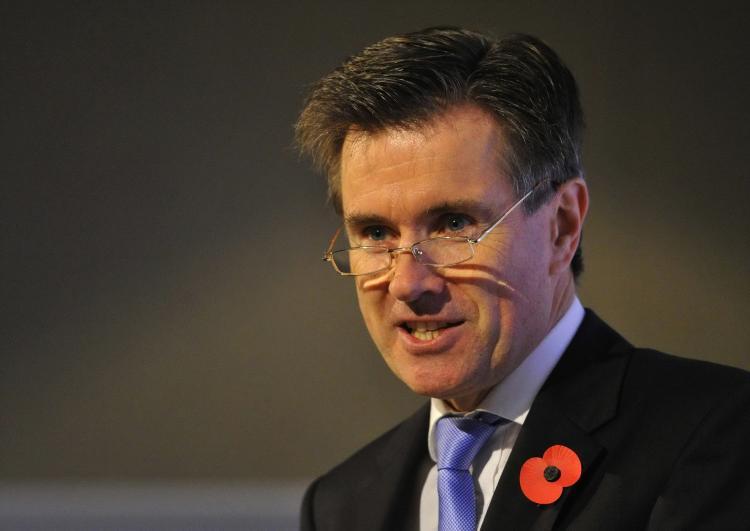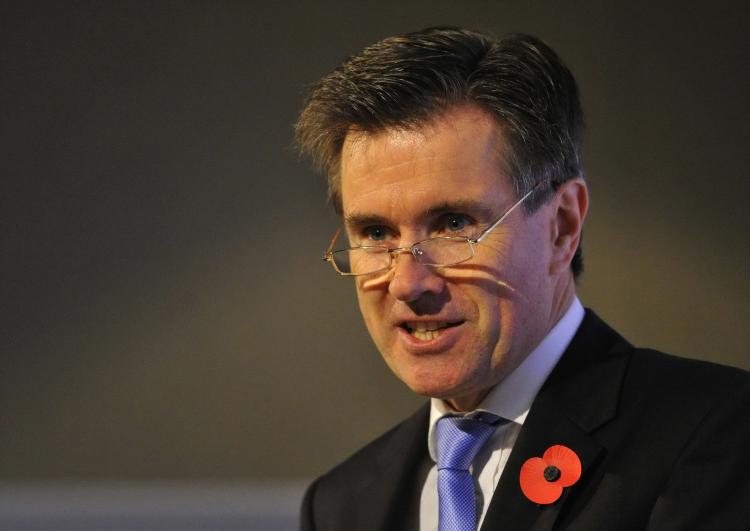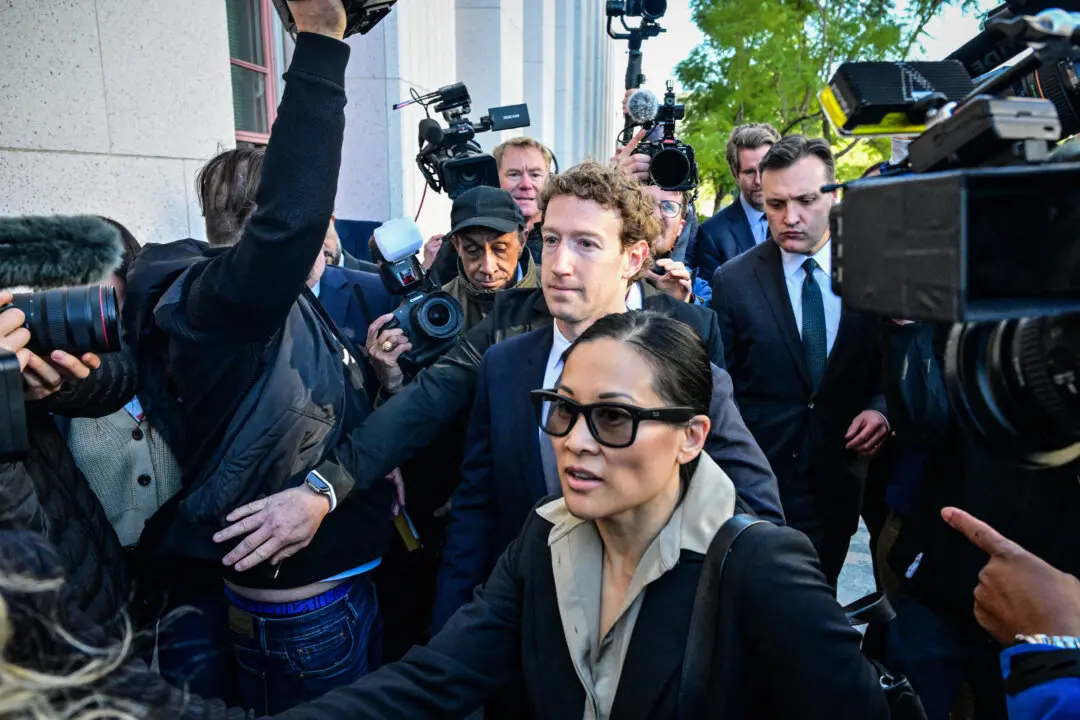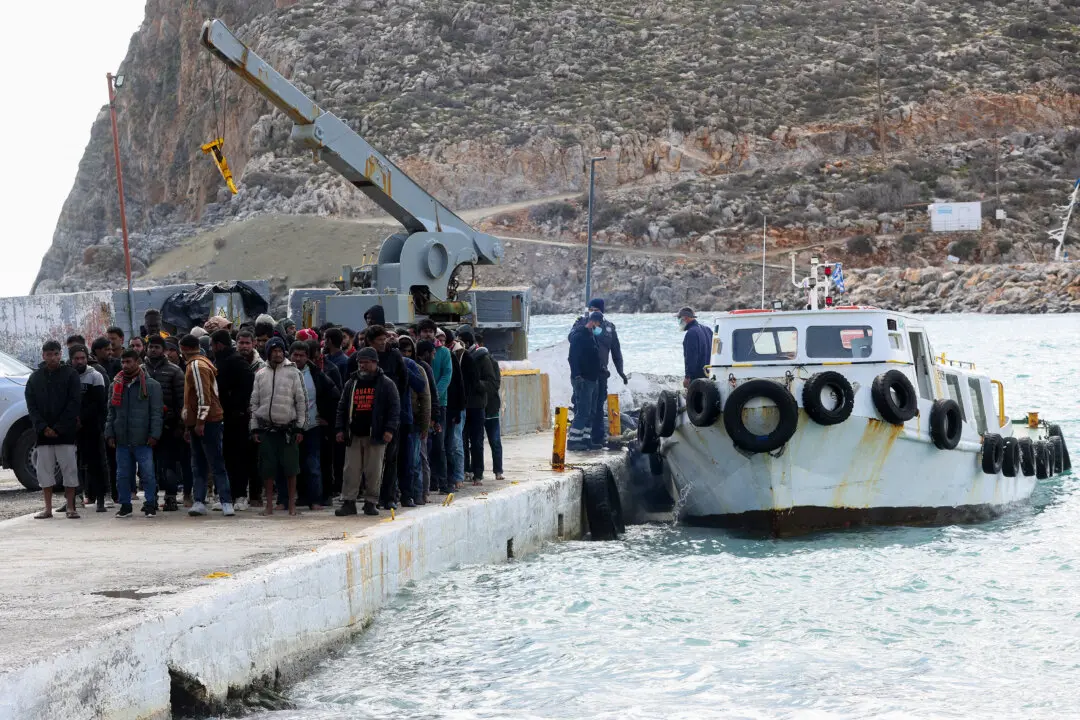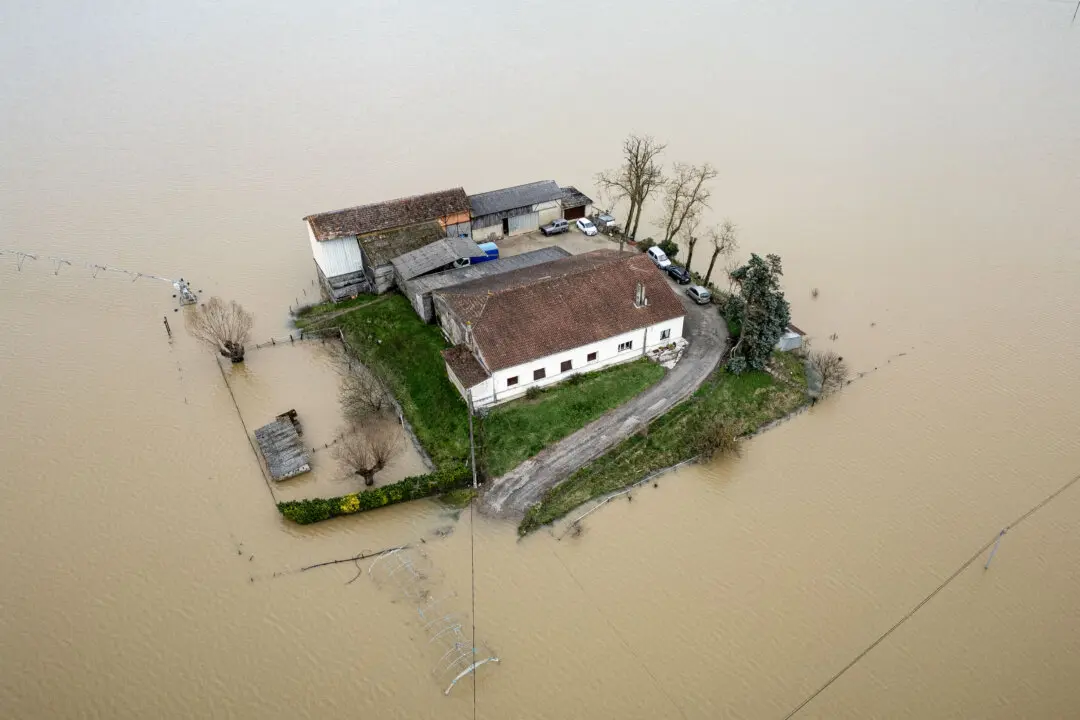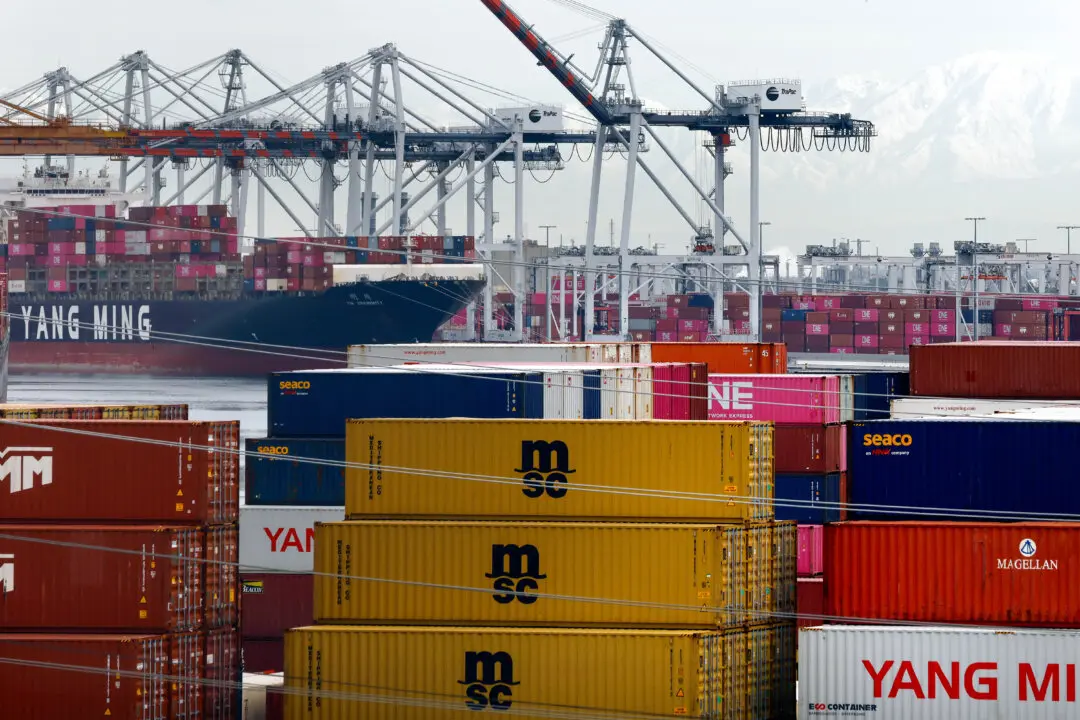MI6 Chief Addresses Terrorism, Iraq, Iran, Torture in First Public Speech
MI6 chief John Sawers addressed the need for secrecy, covert intelligence-gathering in Iraq and Iran, and the SIS’s position on torture.
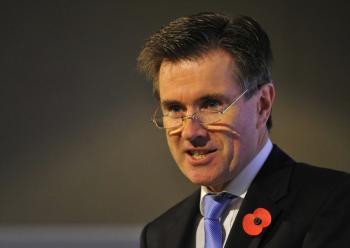
MI6 chief John Sawers addresses a gathering of academics, officials and editors in London on Oct. 28. Toby Melville/AFP/Getty Images
|Updated:

